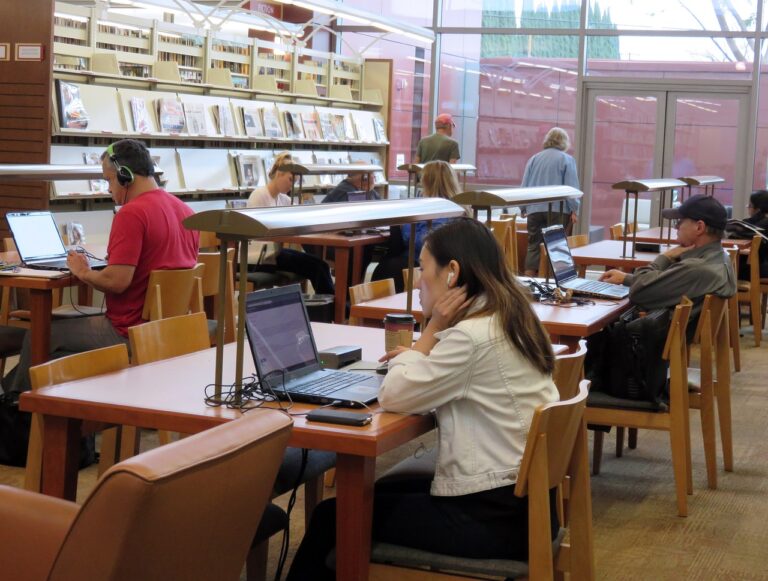Addressing Implicit Bias in College Housing Assignments
Implicit bias refers to the unconscious attitudes and beliefs that influence our actions and decisions without our awareness. These biases are shaped by our experiences, upbringing, and societal norms. They can manifest in various ways, such as stereotypes, prejudices, and discriminatory behaviors.
It’s crucial to recognize that everyone harbors implicit biases, regardless of their intentions or values. These biases can impact how we perceive and interact with others, leading to inequities in opportunities and experiences. Understanding and acknowledging our implicit biases is the first step towards mitigating their negative effects and fostering a more inclusive and equitable environment.
Recognizing the Impact of Bias in Housing Assignments
Implicit biases play a significant role in housing assignments on college campuses, often leading to unequal treatment of students based on their background, race, or other factors. These biases can manifest in various ways, such as certain groups of students being overlooked for preferred housing options or facing discrimination in the assignment process.
The impact of bias in housing assignments extends beyond just the initial allocation of rooms. It can contribute to creating an unwelcoming and hostile environment for students who feel marginalized or unfairly treated. Additionally, biased housing assignments can perpetuate segregation within campus communities and hinder students’ sense of belonging and inclusion.
Challenges Faced by Students Affected by Implicit Bias
Implicit bias presents a significant challenge for students in various aspects of their academic journey. These biases, often unconscious, can lead to unfair treatment, microaggressions, and barriers to opportunities. In the context of education, students affected by implicit bias may find themselves facing stereotypes, discrimination, and unequal access to resources.
Furthermore, the impact of implicit bias on students’ self-esteem and sense of belonging in the educational environment cannot be underestimated. It can result in feelings of inadequacy, imposter syndrome, and a lack of confidence in their abilities. This, in turn, can hinder their academic performance, limit their opportunities for growth, and perpetuate a cycle of inequality.





